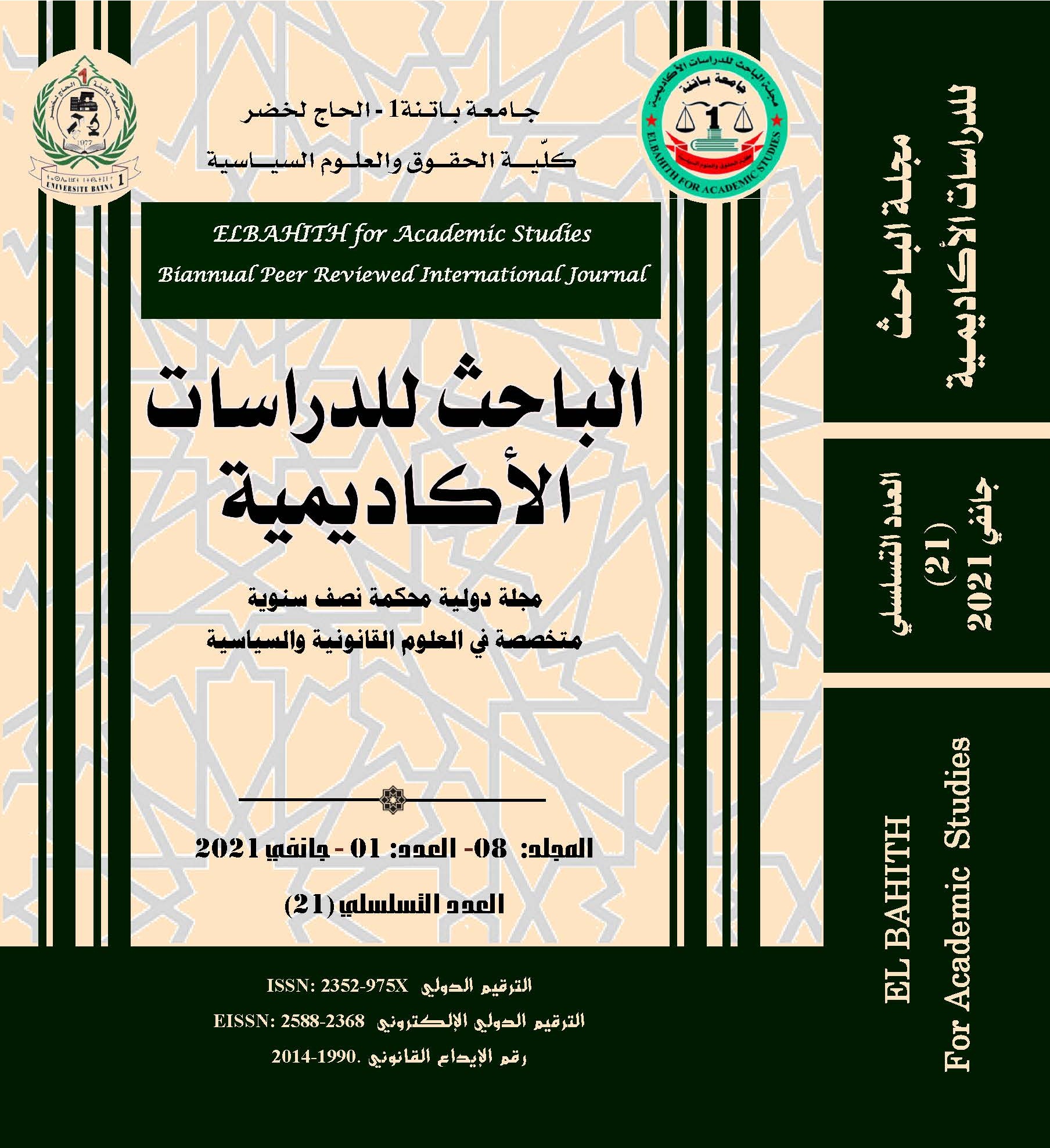Multilevel governance as a mechanism in support of the European Union's Urban Agenda
DOI:
https://doi.org/10.59791/efas.v8i1.1052Keywords:
Multi-level Governance, Urban Agenda, European Union, Amsterdam CharterAbstract
This research paper aims to address one of the policies of the European Union represented in the Urban Agenda. The Agenda consists of 14 thematic partnerships that were established in the Amsterdam Charter, which are the pillars of Multi-level Governance. The paper analyzes both horizontal and vertical dimensions of MLG considered a successful endeavor to devote this agenda. this analytical framework contributes to determining the extent to which European actors respond to this agenda, whether it is related to the institutions of the European Union, or member states, or urban authorities, or organizations, stakeholders and the private sector.
The study procedures included controlling the etymological and cognitive aspect of multi-level governance, and addressing the emergence of the urban agenda as well as the Amsterdam Charter, including the extent to which multi-level governance actors respond to the urban agenda and operational challenges.
Among the findings is that the urban agenda of the European Union is more effective in light of adopting multi-level governance as an implementation mechanism, because it is more open, participatory, pluralistic and at most levels, despite the presence of some obstacles.
Downloads
Published
How to Cite
Issue
Section
License

This work is licensed under a Creative Commons Attribution-NonCommercial-NoDerivatives 4.0 International License.




